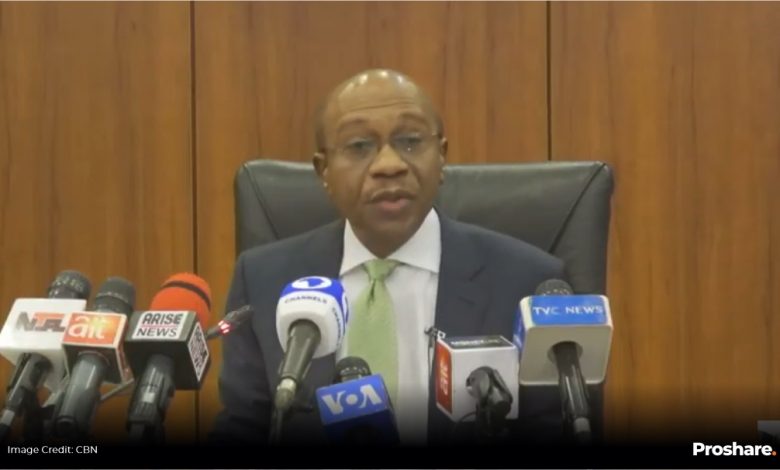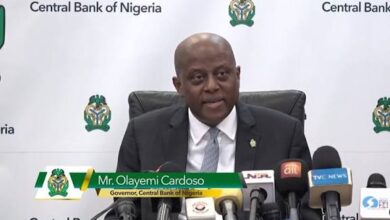Heated Controversy Over CBN/ Supreme Court’s Naira Swap Tussle

The Supreme court earlier this week adjourned the case on the currency swap policy of the Central Bank of Nigeria (CBN) till Wednesday, February 22. According to reports, the decision was made to ensure a consolidated hearing of the suits by the 10 states who have now approached the court. Kaduna, Lagos, and Zamfara States (now joined by the seven other states) had on February 8 obtained ex-parte ruling to suspend the currency swap policy. In what looks like an attempt to play the waiting game, the Supreme court has now implicitly extended the ex-parte ruling by adjourning the ruling on the suit filed by the state governments. In what has now become a face-off between the CBN and the Supreme Court, Analysts believe that the average Nigerian would be the one to bear the brunt. The adjournment which comes barely 24 hours after the Central Bank Governor Godwin Emefiele insisted that the policy stands and that old notes are no longer legal tenders would further create an environment of uncertainty and can severely disrupt economic activities. While banks, markets, and filling stations have ceased to collect the old notes, many Nigerians still have large amounts of the old naira notes. This is while the country’s Digital Payment Infrastructure has proven to be inadequate to support large volumes of cashless transactions (see illustration1 below).

During his address to the Diplomatic Corp during the week , Emefiele warned Point of Sales (POS) agents who have taken advantage of the cash shortage to charge usury rates to desist and limit their charges to N100 per N5000 withdrawals. Proshare believes that this is sound and fury signifying nothing. It is expected that the practice would persist due to the acute shortage of Naira notes. Analysts also note that the number of POS operators and mobile money agents (1.6m) relative to the number of Micro Small and Medium Enterprises MSME (42m) is a reflection of the magnitude of the problem. In-house data crunchers punch holes in the Central Bank Governors’ claim that the policy is responsible for the decline in inflation in December. Proshare economists believe that the decline in inflation to 21.34% last December was seasonal and particularly attributable to the uncharacteristically sober festivities recorded in the period. The rise of inflation to 21.82% in January up from 21.34% in December buttresses the argument. Analysts note that the proportion of currency in circulation to the Money supply being less than 4% suggests that reducing the part of the money in circulation outside of the banking system does nothing to reduce pressures. Also, the argument made by the CBN Governor that Nigeria’s Digital Payment Infrastructure is sophisticated enough to support a cashless economy is specious and unsupported by data on average daily transactions processed since the currency squeeze




